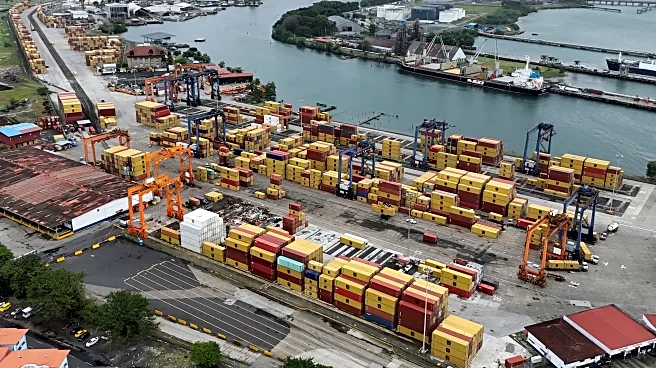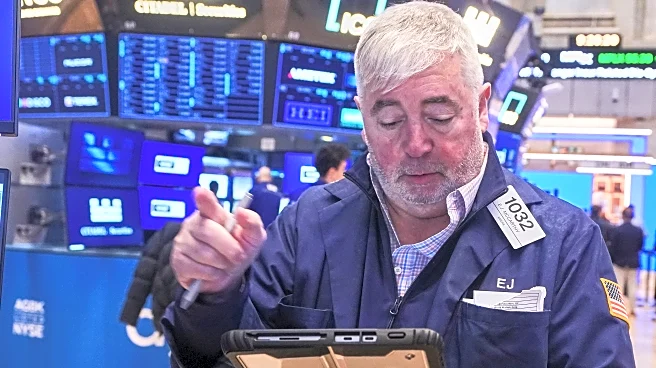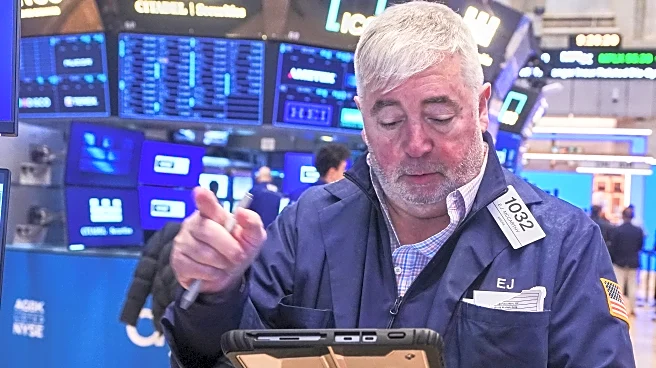What's Happening?
Bill Gates's Breakthrough Energy Fellows program is expanding its reach internationally to address global challenges. The latest cohort includes 45 fellows from 22 startups, with half based outside the U.S., including countries like Canada, Germany, the U.K., and South Africa. This expansion is supported by a new hub in Singapore, established in collaboration with Temasek and Enterprise Singapore. The program focuses on areas such as the hydrogen economy, circularity, critical minerals, agriculture, and grid modernization. Participants are encouraged to use techno-economic analysis to ensure their technologies achieve product-market fit, enhancing venture viability. Nearly all past participants have secured follow-on funding, with one achieving a successful exit.
Why It's Important?
The expansion of the Breakthrough Energy Fellows program highlights the global nature of climate change solutions and the need for international collaboration. By including startups from various countries, the program fosters a diverse range of ideas and technologies that can address environmental challenges. This initiative not only supports innovation but also strengthens the global startup ecosystem by providing resources and guidance to emerging companies. The focus on techno-economic analysis ensures that the technologies developed are viable and can be successfully integrated into the market, potentially leading to significant advancements in sustainable practices.
What's Next?
The establishment of the Singapore hub marks a significant step in the program's international expansion. As the program continues to grow, it is likely to attract more startups from different regions, further diversifying the cohort. This expansion may lead to increased collaboration between countries and the sharing of best practices in addressing climate change. Additionally, the success of past participants in securing follow-on funding suggests that the program will continue to support the growth and development of innovative solutions, potentially leading to more successful exits and impactful technologies.









